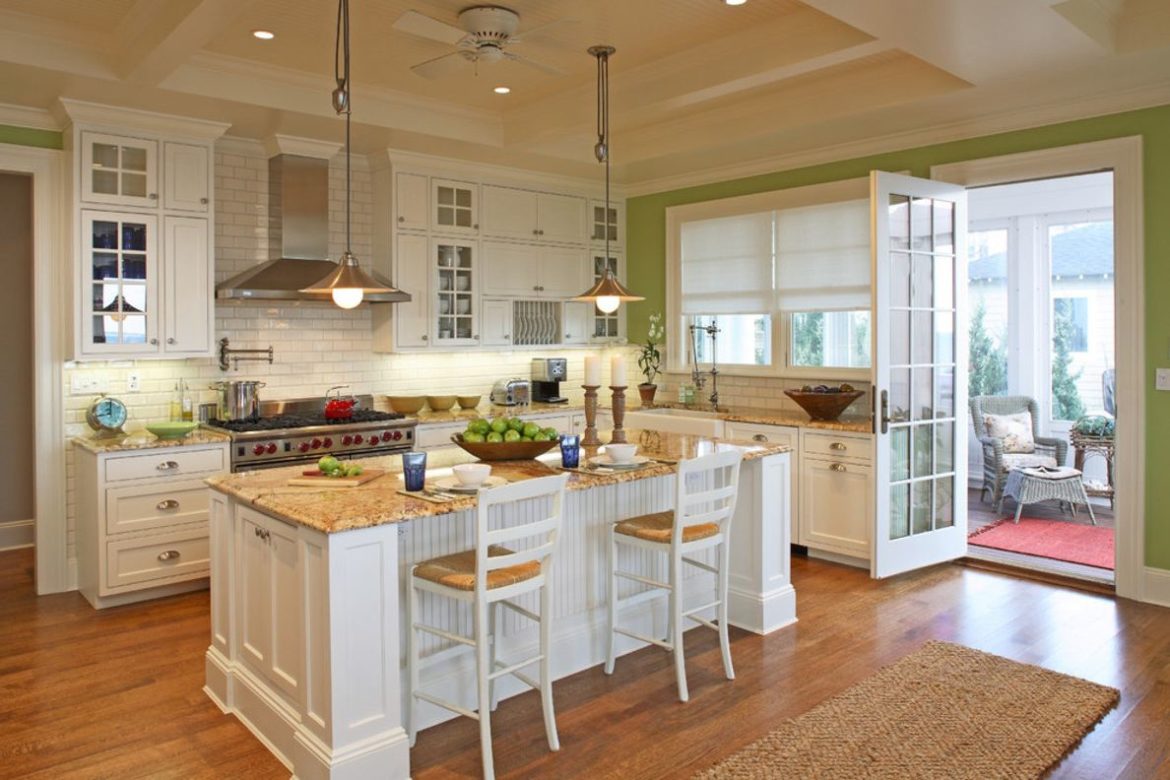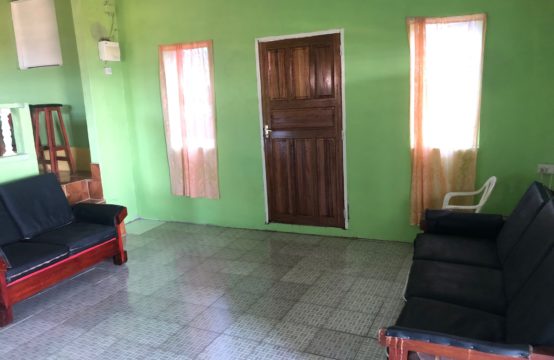
The best way to help ensure that you chose the right tenant is through a screening process that you will be able to use for every prospective tenant that expresses interest in your property. You can either create a rental application form or have an open discussion with the prospects, whatever works best for you. The goal of both methods is to gather necessary information about the prospect that will help you to make a decision. There are a lot of questions that can be asked during the screening process, but these should never be forgotten:
- Why Are You Moving?
This very simple question can provide a lot of information about a prospective tenant. You want to look for reasonable explanations such as wanting a shorter commute to work or needing a larger space. Be cautious when dealing with prospects who have been evicted or who are moving due to issues with their current landlord or neighbors. While exercising caution still keep in mind that the fault may not lie entirely on the prospect so remember to give them the benefit of the doubt.
- What Is Your Monthly Income?
The question of income can help you determine whether or not the prospective tenant can afford to pay the rent for the property. Ideally you will want to accept a tenant whose monthly income is significantly higher than the monthly rent. Especially if they are leasing the property on their own. In a co-applicant situation where more than two or more individuals are leasing the property together the collective income of the applicants should be able to cover the rent and any additional utility cost that may not be included.
- Can You Provide References?
References are very important. The prospective tenant should be able to be able to provide names and contact information of suitable individuals who are willing to speak to their character. If the prospective tenant does not feel the need to provide references you should not consider giving them a second thought. Apart from personal references, references from an employer and landlord is recommended. The employer will help verify income and stable employment while the landlord will provide you with information on what you can expect from the prospect as a tenant.












